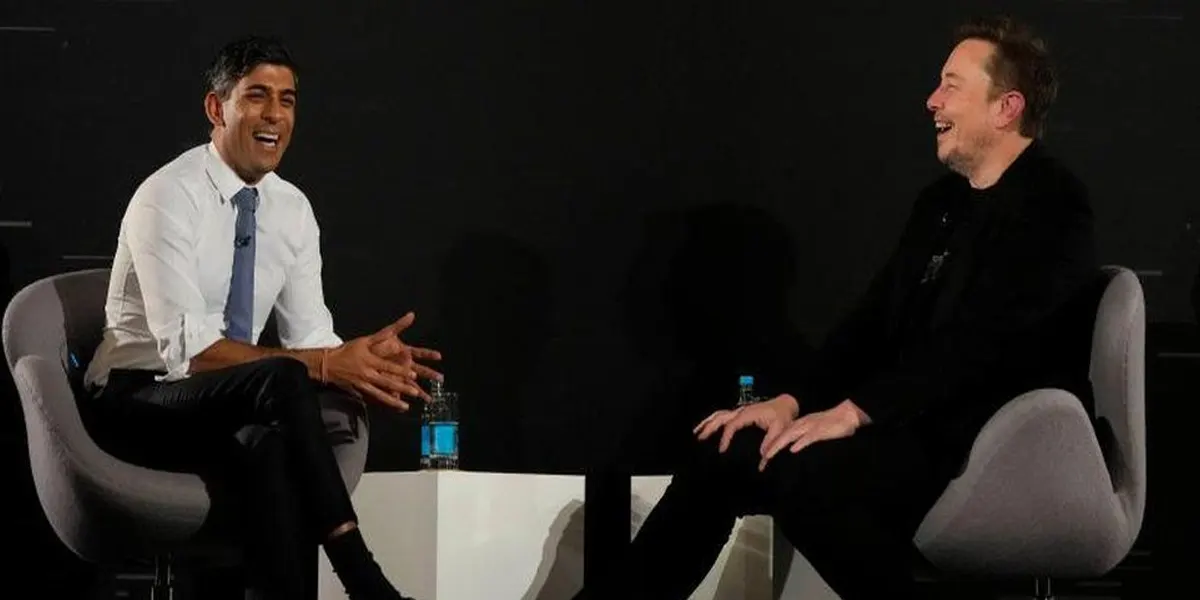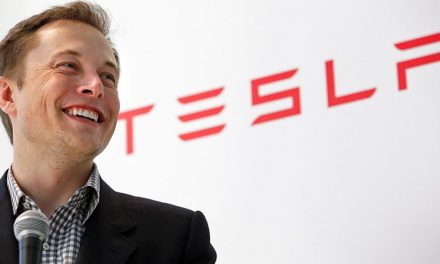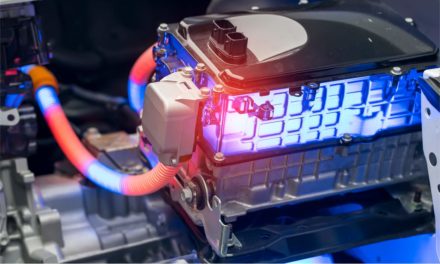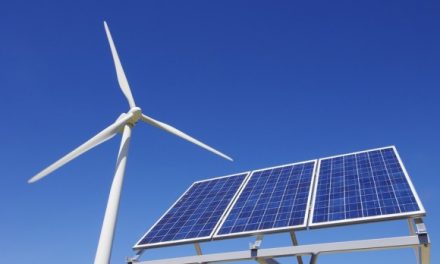As the United Kingdom’s AI Safety Summit drew to a close yesterday, November 2nd, Tesla chief executive Elon Musk joined Prime Minister Rishi Sunak at an in-person dialogue regarding how London appears to be an emergent venue for the artificial intelligence sector, how related technologies could improve the learning process at schools and universities, and also the darker aspect of the industry and its impact on society and humanity.
In the course of the conversation, both Sunak and Musk agreed that a third-party regulator for the AI sector may soon be necessary, especially now that many people are worried that the technology could lead to them losing their jobs in favor of more “efficient” bots for work automation.
Musk, who has been known to invest in companies making their names in AI and whose company pioneered the use of related technologies in the development of driverless electric vehicles (EVs), admitted that he also saw AI as a threat to humanity, especially regarding the safety of humanoid robots.
The Tesla chief went so far as to refer to AI as the most destructive force in human history, predicting that it will eventually lead to a future without jobs as automation will take care of everything. He added that the main challenge for humanity in the future is how to find meaning in life.
Sunak, who previously lived in California’s Silicon Valley and has a longstanding fondness for technical innovation, seemed perturbed by Musk’s pronouncements, leading the PM to chide the EV mogul for not selling the positives of AI to an audience made up of industry professionals, academic experts, and potential investors.
Despite Musk’s gloomy predictions, the Summit ended with 25 nations signing the Bletchley Declaration, an agreement wherein participating nations will identify shared technological risks, collectively build a scientific understanding of issues related to AI development and deployment, and devise international policies to mitigate such risks.















